Kumi Naidoo is the Executive Director of Greenpeace International and yesterday he was in Sydney to give an insight into his thoughts on climate change and the direction that Australia is taking. Kumi’s life-long activism began with protests against the apartheid regime in South Africa at the age of fifteen and continued with his 21-day hunger strike in 2009 to bring attention to the starving people of Zimbabwe. It was during this hunger strike he was invited to join Greenpeace and was compelled to join by his daughter who said that ‘Greenpeace is about my future’.
The Perfect Storm of Climate Change
Kumi believes that we are at a boiling point or perfect storm where the convergence of a range of crises are already having a severe impact on the world, especially for those living in poverty. He told us that 50,000 people are dying every day from hunger and disease in developing countries and likened it to passive genocide. A report from the UN also claims that 300,000 people per year are already dying from the impact of climate change.
Kumi talked of Bangladesh where millions of climate change refugees have had to leave their homes due to salt-water contamination of their water and soil. He also believes that the conflict in Darfur, portrayed as an ethnic war in the media, is really about access to water where the desert in the North is advancing at a mile per year. The largest inland sea in Africa, Lake Chad, is now the size of a pond. He also reminded us of the extreme weather events linked to global warming and that we had just experienced one of the hottest decades in history.
Turning a Crisis into an Opportunity
‘Our leaders are sleepwalking us into a calamitous crisis’ said Kumi, but ‘we as citizens need to stand up and ask our leaders to move beyond business as normal’. The world can turn this crisis into an opportunity to invest in renewable energy technologies and generate sustainable jobs. A move towards renewable energy sources in the developing nations would also begin to address the issue of global poverty, as people are empowered to become more self-sufficient. If the developing nations try to emulate the West and become reliant on fossil-fuels, the problem of global warming would also be considerably worsened as we would then need the resources of five planets!
How is Australia doing?
When Kumi was a young person battling against apartheid, he said that Australia was one of the countries that gave him and his compatriots hope. They saw it as a progressive country that showed support for their freedom struggle, and was ahead of the curve in its gender equality and strong environmental policies. He now feels disillusioned by the fact that the numbers who believe in global warming is decreasing in Australia. He sees that the media is controlled by the coal and mineral industries, in a similar way to the US and Canada, and that politicians are also being bought off to spread doubt amongst the public. As a member of the G20, he believes that Australia needs to continue to play a leadership role and that it is in danger of losing out if it continues in the direction of climate denial.
What Can You Do?
Kumi spoke of his friend Lenny Naidu who once asked him what was the best thing you could do for the cause of humanity and justice. Kumi replied ‘giving your life’ but Lenny corrected him, ‘No – giving the rest of your life’. Sadly, Lenny lost his life at the age of 24 in the fight against apartheid.
Kumi asked us all to show commitment and perseverance until the struggle for action on climate change is won. It is a marathon not a sprint and we need to be hands-on-deck to avert catastrophic global warming. He said that ‘change does not come from leaders but from the modest sacrifices of the majority’.
He asked us all to do three things:
- Write a letter to a newspaper editor explaining why you support carbon tax
- Become an active member of Greenpeace
- Reach out to four people and ask them to support Greenpeace in their 40th anniversary year.
Find out more about the impact that the food you eat has on global warming at Healthy Eating.
And get some tips on how you can reduce your carbon footprint at Food’s Carbon Footprint.
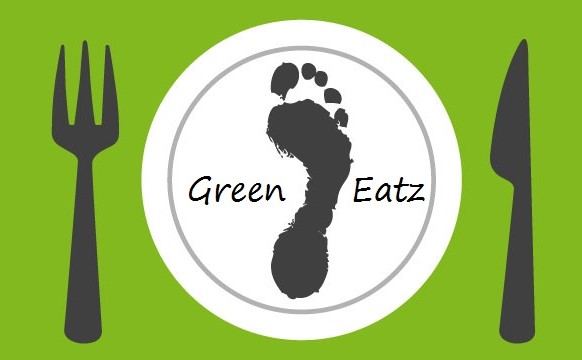
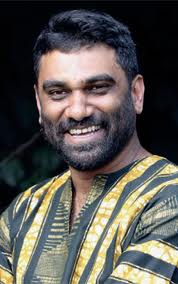
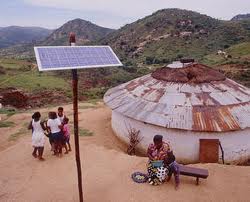
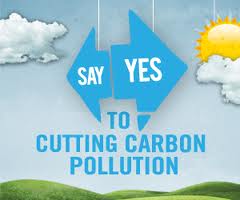
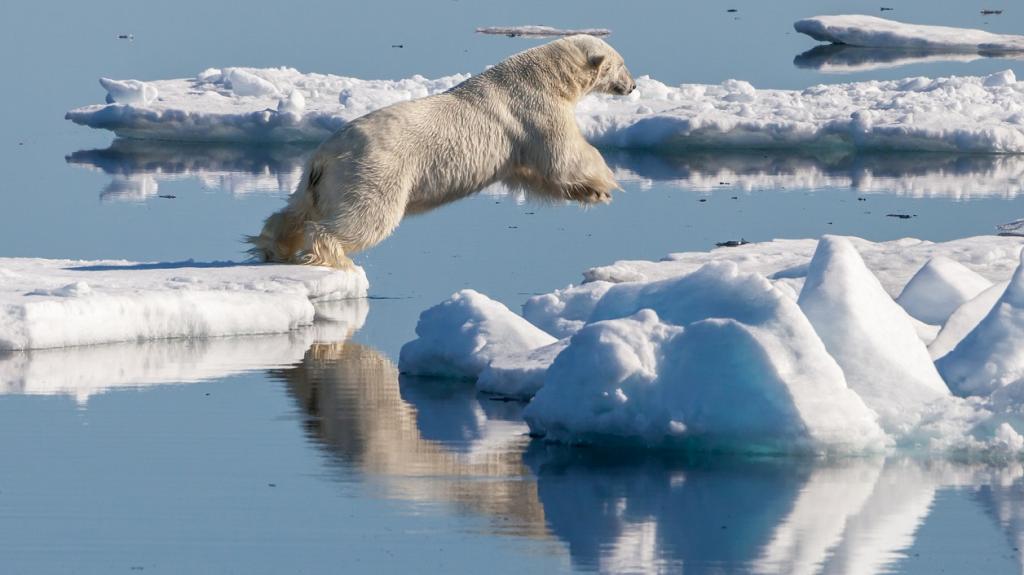
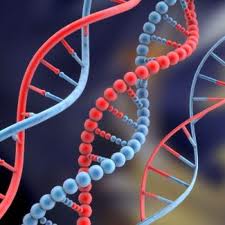
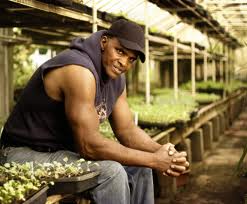
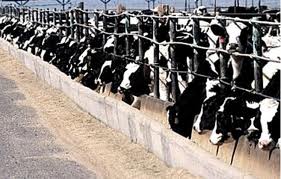

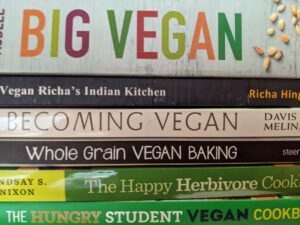
Very good material compared to most of the similar subject material I’ve checked out. Keep up the good work.
Comments from previous version of Green Eatz
Chantale 07/06/2011 02:34
Hi Jane,
Seems like it has been an interesting evening. I think it’s a great thing you are doing 🙂
Paul 07/06/2011 23:47
Hi Jane,
I do hope his message reached the wider public in Australia, and was not just heard by activists. Ultimately though it has to be politicians who are won over because ordinary people seem to prefer living in denial for the short term (and it’s not just climate change either, they don’t get pensions, they don’t get fit, they don’t give up smoking…) Until politicians give people a short-term reason for changing they won’t pay much attention.
Until then, we just have to keep plugging away – and you’re doing a good job!
Thanks,
Paul.
Jane of Green Eatz 07/07/2011 01:02
Thanks for your kind comments, Chan and Paul. Kumi is addressing the National Press Club tomorrow which is quite influential and is often televised. He is also meeting Greg Combet, Minister for Climate Change, so lets hope that his message is heard.